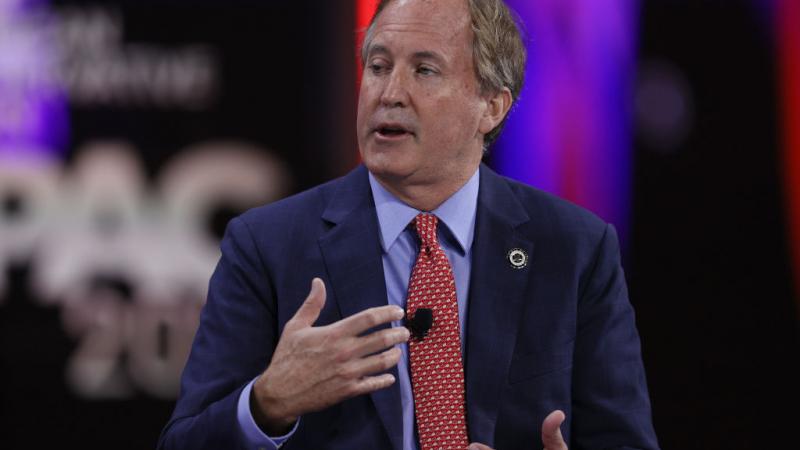Illinois limited in regulating migrant buses as blame for crisis continues
A patchwork of ordinances across the state either regulate buses and hotel stays to deter migrant arrivals, or declare non-sanctuary status.
As communities across the state continue to evaluate how to deal with the prospect of buses dropped off migrants from the southern border, Illinois Gov. J.B. Pritkzer says the state is limited in what it can do.
A patchwork of ordinances across the state either regulate buses and hotel stays to deter migrant arrivals, or declare non-sanctuary status.
In McClean County, Emergency Management Agency Director Cathy Beck asked local officials for rural places to put shelters if needed. Reached for comment Wednesday, Beck said they have yet received any buses.
“And if we are to get a bus, the best solution to get people the most help that they need is to direct that bus with those people up to the intake center in Chicago,” Beck said.
In an email obtained by The Center Square dated Jan. 2, Beck asked various local leaders to identify “a place that could be used as a shelter if more than a handful of individuals would choose to stay.”
“I’m reaching out to you to see if there are any spaces rurally that could possibly be used,” she said in the email. “We’d work with community agencies to provide supplies, including food, cots and bedding as well as social services.”
The issue could be a “hot” topic, Beck said in the email, and requested the details not be shared with “those that don’t need to know.”
“It’s catching a lot of people’s attention and people are making hard lines one way or the other on it and coming from the emergency management perspective, our job is to help people the best that we can,” Beck told The Center Square. “I’m not picking any side of the fence.”
McLean County could take up a resolution this week stating the county will not accept or provide taxpayer-funded services to migrants sent into McClean County by any other state or municipality.”
While Chicago officials say they’ll remain a sanctuary city, officials have regulated buses, causing buses to drop migrants off elsewhere. Municipalities and other local jurisdictions across the state have advanced similar measures and regulations on buses.
Asked about bringing uniformity statewide in dealing with bus drop offs, Pritzker said that’s not possible.
“The laws don’t exist in the state of Illinois for us to do that today, we can’t just impose some rules from the state level on every city, every county, every township,” Pritzker said.
Asked Wednesday what to do about planes carrying migrants from Texas, the governor said they’re putting pressure on private plane operators, but didn’t want to disclose his strategy. .
“In general, you can’t tell a group of people or an aircraft that it can’t come somewhere,” Pritzker said. “On the other hand, there are lots of things that I think would be a significant deterrent and they are already working.”
Pritzker said he’s regularly on the phone with the White House about the issue, but he’s concerned the Republican-controlled U.S. House is opposed to “making progress on this issue.”
Illinois U.S. Rep. Darin LaHood, R-Peoria, said that’s a lie and Republicans approved a plan to secure the border.
“It would do many of the things that need to be done but of course my Democrat colleagues did not support that, the Biden administration does not support that, they want more of the same,” LaHood told The Center Square.
LaHood said former President Donald Trump’s policies of asylum seekers staying in Mexico during their immigration process worked to fend off crossings, among other policies, to close the border.
“You could enforce the rule of law right now and stop people from coming across. That’s not being done,” LaHood said. “It’s an unmitigated disaster that’s having grave consequences across this country.”
LaHood estimates 8 million "illegal crossings" nationwide in the past three years.
As for the financial toll on Illinois taxpayers, Pritzker said legislative action on more spending isn’t needed “right away,” but he is in talks with legislative leaders about the ongoing costs.
The state legislature returns for the start of spring session Tuesday.















